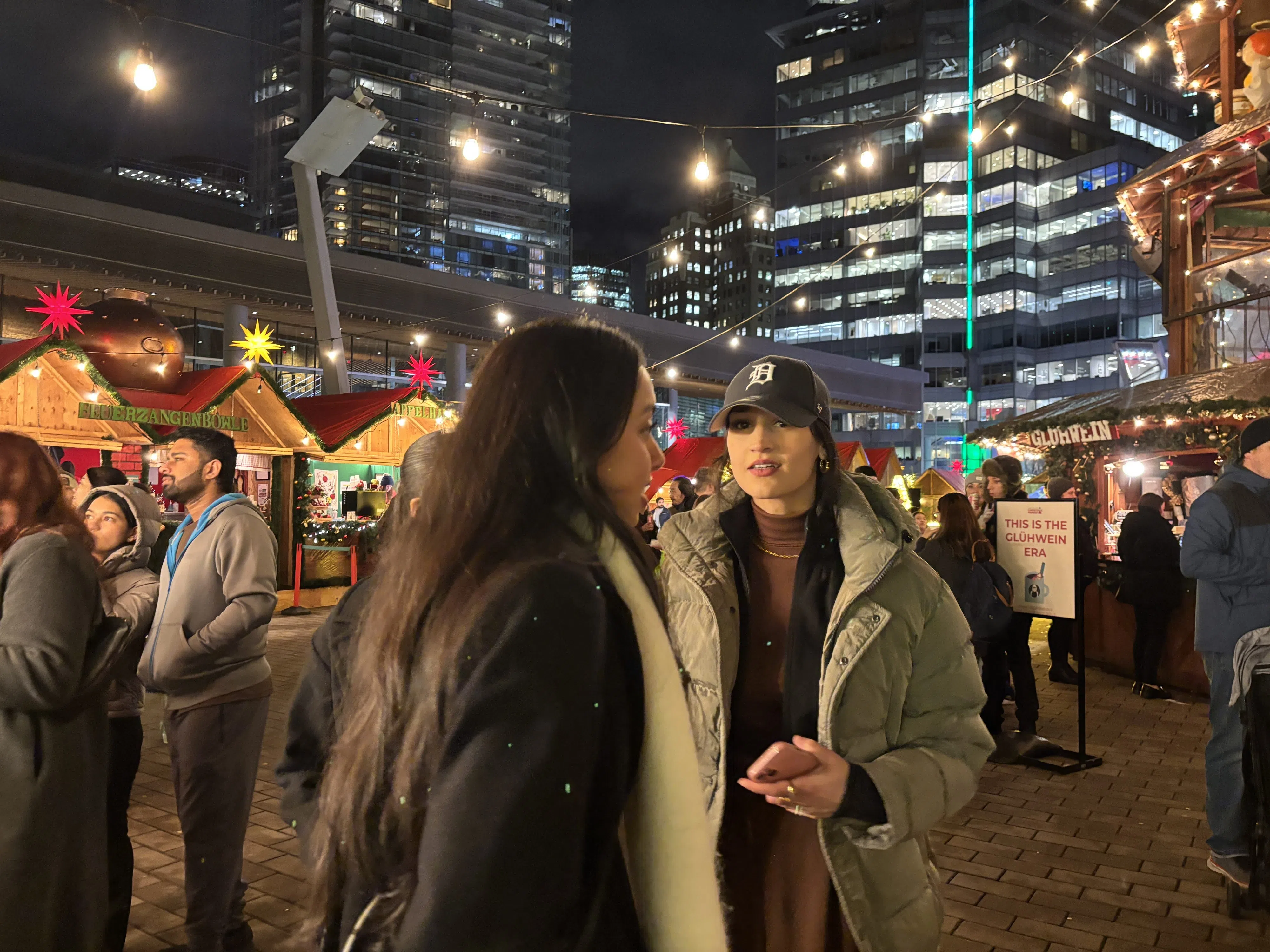 Relocating to a new country brings many challenges, and making meaningful friendships can be one of the hardest for newcomers. While some find solace in the familiar, others adapt to a different social landscape. For Camilla Emesara, a Nigerian woman now living in the UK, the journey of building friendships has led to personal growth and understanding of what it truly means to connect with others.
Relocating to a new country brings many challenges, and making meaningful friendships can be one of the hardest for newcomers. While some find solace in the familiar, others adapt to a different social landscape. For Camilla Emesara, a Nigerian woman now living in the UK, the journey of building friendships has led to personal growth and understanding of what it truly means to connect with others.
The nature of friendships can vary significantly depending on where you are in the world. Emesara shares that in Nigeria, friendship is considered sacred. “If you’re my friend, you’re my person,” she says. “Come rain, come sun, we go through everything together.” This deep commitment is central to Nigerian culture, where supporting each other through life’s ups and downs is seen as essential.
However, in the UK, she notes, friendships can be more casual. “Some people have different personalities that make them more comfortable with surface-level friendships,” Camilla says. Language barriers, she says, can also hinder deeper connections. “When people see that you’re the only one who speaks English, it’s easy for them to revert back to their native language,” she says, adding that this makes it difficult for newcomers to break into circles of friends.
Beyond language, financial constraints also play a role in shaping friendships. “Some people are not financially stable, and that affects how friendships form,” she says. “If you are constantly unable to go out because you can’t afford it, the friendship might not become something long-term.” Emesara believes that being intentional about friendships and being open to alternatives, such as inviting friends over for a home-cooked meal rather than dining out, can help overcome these obstacles.
Despite these challenges, she recognizes that shared experiences can create deeper bonds. Finding people with similar goals and experiences at work or school provides common ground for relationships to flourish. “The friendships I have made at school or work are deeper because we share similar aspirations and face the same challenges,” she explains. “We understand each other better.”
Moving to a new country doesn’t just affect how you make friends- it shapes who you become. For Camilla, her friendships in the UK have led her to discover new things about herself. One of the biggest changes she’s experienced is a shift in how she perceives herself and the way she interacts with the world.
“Back home, there’s always this feeling that people are judging you, especially when it comes to how you look,” she says. “You’re constantly thinking, why is she looking at me?” or “what are people thinking about me? But abroad, I’ve come to a realize that nobody actually cares.” This realization has helped her gain confidence in her appearance and her choices. “I’ve learned to be more confident in myself and to stop worrying about how others perceive me.”
This newfound confidence also extends to her work in content creation, an area she never thought she would pursue back home. “Before I moved, I would never have had the confidence to do the things I am doing now, like creating content,” she admits. “But I have met people who believe in me, and they have helped me to see that I have more potential than I thought.”
As Camilla reflects on her relationships, she also thinks about her friends back home in Nigeria. She acknowledges that maintaining long-distance friendships can be challenging, but the understanding she has with her friends makes it easier. “We are all adults now, and we understand that life gets busy,” she says. “We don’t take it personally if we haven’t spoken in a while.”
She explains that her friends back home are also adjusting to the realities of adulthood. “We’re all focused on our future now, and we know that everyone has their own responsibilities,” she says. “So, it’s not about neglecting each other but understanding that we’re all in different phases of our lives.” This mutual understanding helps them stay connected despite the distance.
However, Camilla notes that there can be adjustment period when it comes to expectations. “When you move abroad, there can be this feeling that you’ll automatically make friends and go out all the time, she says. “But that’s not always the reality,” she added. It is important, she stresses, to prepare for loneliness and to recognize that building friendships takes time, especially in a new country.
For anyone moving to a new country and feeling overwhelmed by the prospect of making friends, Camilla shares some valuable advice. “If you’re not an introvert, prepare to be one at least for the first six months, she advises. “You have to be comfortable being alone before you can build meaningful relationships with others.”
She emphasizes that loneliness is a natural part of the adjustment process. “It’s not going to be easy at first, but if you prepare for the worst, you’ll be able to handle it better. Don’t expect everyone to be your friend right away.”
Emesara suggests that newcomers should take advantage of local events and communities to meet people. “Look for events happening around you, join groups, and try to connect with people who share your interests,” she says. “Even if you only make one or two friends, that’s enough,” But above all, she stresses the importance of finding peace with being alone






